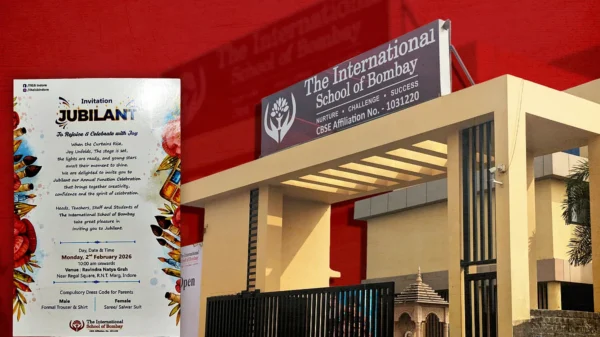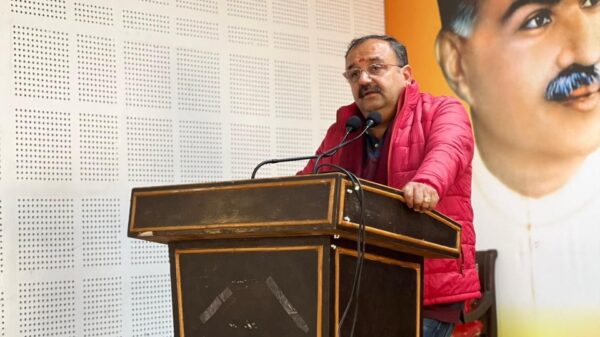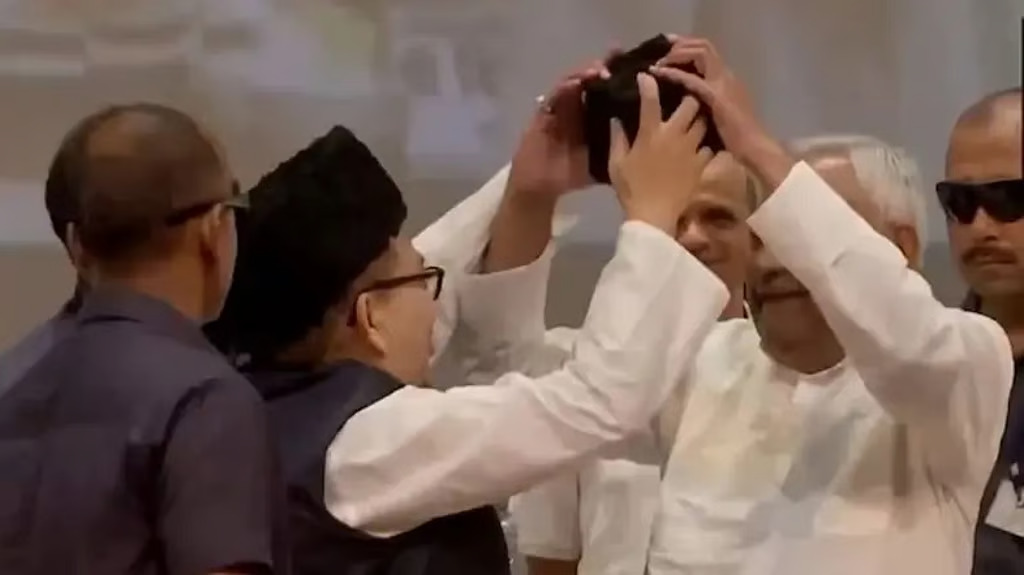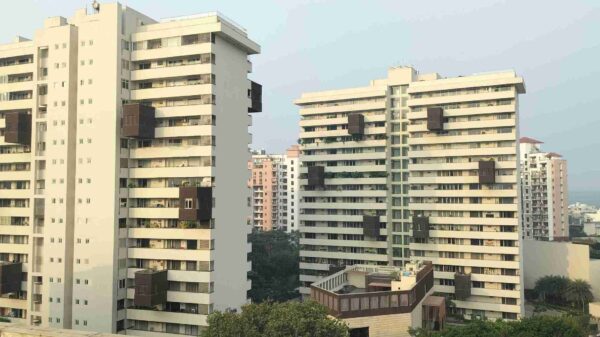Bihar chief minister and JD(U) chief Nitish Kumar stirred controversy on Thursday when he declined to wear a topi (a skull cap traditionally associated with Muslims) during the centenary celebration of the Bihar Madarsa Education Board in Patna.
At the function, state minority welfare minister Mohammad Zama Khan attempted to place the cap on Nitish’s head, but the chief minister took it and put it back on Khan instead. A video of the moment quickly went viral on social media, with many noting the surprise on the faces of people present at the event.
Nitish, who has often projected himself as a secular leader despite his long alliance with the BJP, has previously introduced several welfare schemes for minorities, including boundary walls around graveyards. During his address at the event, he took a swipe at the RJD, saying, “No work was done for Muslim community before 2005.”
This is not the first time Nitish has avoided such gestures. In the past, he has often diverted garlands offered to him by putting them back on the person presenting them. Back in 2013, he had famously said, “To govern a country like India, you have to take everyone along; sometimes you will have to wear topi and sometimes tilak.”
Interestingly, Nitish has in earlier years worn skull caps at Iftar parties and minority functions, but recently he has chosen not to. At an Iftar party in March, he skipped the cap and instead draped a scarf (kafiya) on his shoulders.
Meanwhile, the event also saw protests from madarsa teachers outside the venue. They alleged that they had not been paid salaries for months and accused the government of neglecting madarsas. “In 2011, Nitish Kumar promised to provide salaries to 2,459 madarsa. Only 1,659 madarsa remain, and for so many years we have been on the verge of starvation. We were told an announcement would be made today, but nothing happened,” said one agitated teacher.
Other teachers supported the claim, holding pamphlets and demanding immediate action. The protests intensified after Nitish’s speech, adding to the tensions at the gathering.
































































